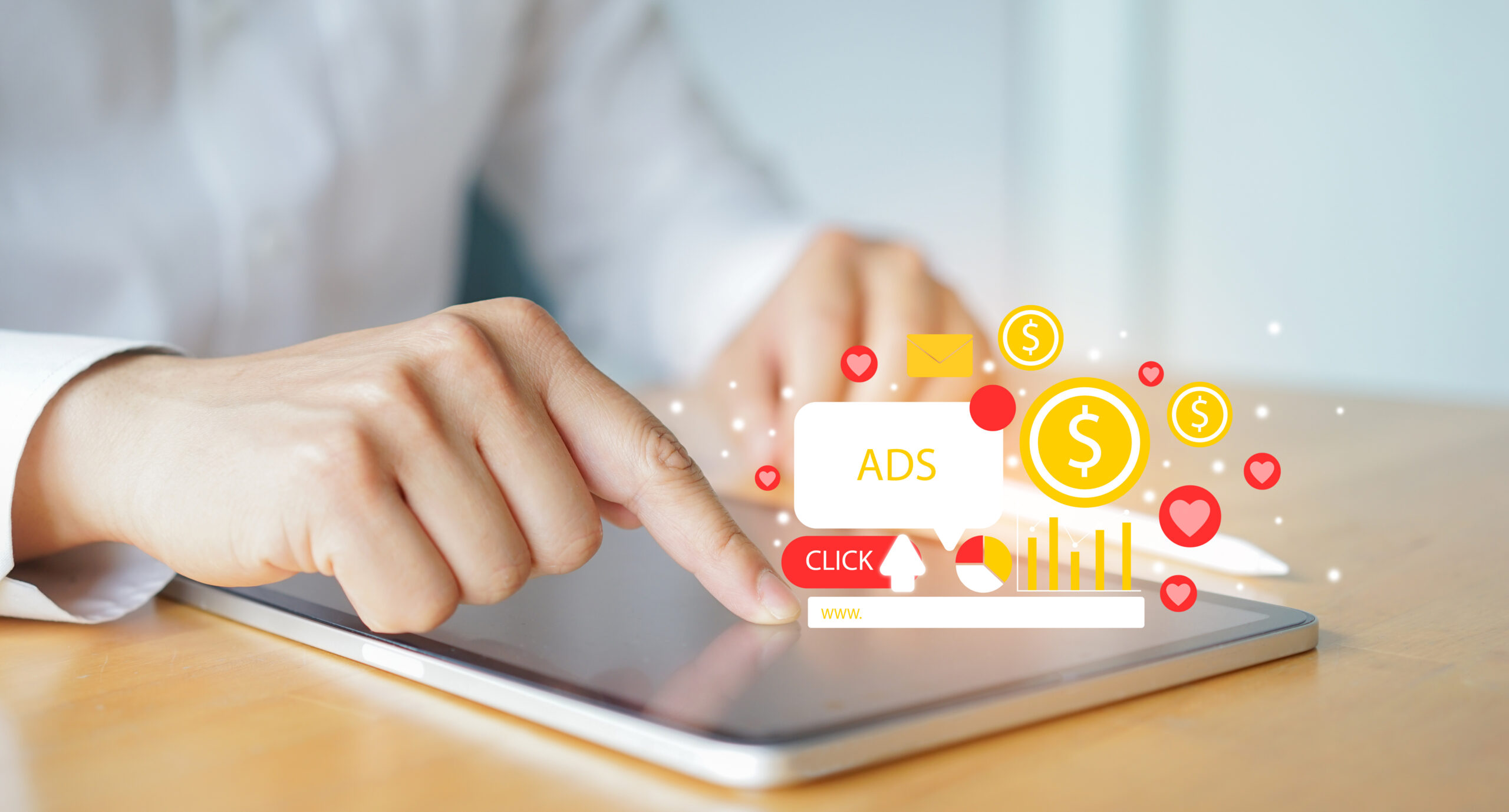
The Dos and Don’ts of Incorporating AI Into Your PPC Efforts
The Dos and Don’ts of Incorporating AI Into Your PPC Efforts
Greg Walthour, Co-CEO • Intero Digital • September 21, 2023
The integration of AI and advertising has caused a pivotal shift in today’s digital marketing landscape. Brands can now leverage AI tools for PPC campaigns to optimize ad spend and engage their audiences more meaningfully. With the ability to analyze vast data sets, predict user behavior, and automate tedious tasks, AI has become an invaluable tool for enhanced precision and audience engagement.
As AI reshapes the foundation of PPC strategies, it’s imperative to understand its potential, pitfalls, and best practices.
Harnessing AI Advertising for Better Results and ROI
Utilizing AI tools for PPC campaigns empowers you to elevate them into high-performing machines, ensuring every dollar spent translates to results. The magic lies in AI’s ability to sift through vast data, making real-time decisions based on intricate algorithms. But what does this look like in practice?
- Dynamic Bidding Strategies: AI algorithms can assess when your ads are most likely to convert, adjusting bids in real time. For instance, through Google ads, AI helped hotels maximize bookings by optimizing hotel ad bids for different audiences, devices, and times of day.
- Predictive Audience Targeting: By analyzing user behavior and previous interactions, AI advertising tools can predict which users are most likely to convert. This means ads are served to a hyper-targeted audience, reducing costs and increasing conversions.
- Personalized Video Ads: AI algorithms can analyze user data and preferences to dynamically generate videos that showcase different features based on individual user interests. This hyper-personalized approach can lead to higher engagement and click-through rates compared to generic video ads.
These examples showcase the wide-ranging applications of AI for PPC advertising, including bidding, ad content, personalization, and retargeting. With the capabilities of AI, you can unlock enhanced results and improved ROI. As AI advertising continues to advance, we can expect to see more innovative and successful AI-driven PPC campaigns in the future.
How to Incorporate AI Into Your Business: The Dos and Don’ts
While AI offers unparalleled advantages, it’s essential to recognize that not all implementations lead to success. There’s a fine line between a well-executed, AI-powered PPC strategy and one that’s misguided. To ensure your AI-powered PPC campaigns are successful, a blend of strategic dos and mindful don’ts is essential:
-
DO
-
$
100
monthly
-
Maintain Human Oversight:
While AI can automate and optimize PPC campaigns, remember the value of human creativity. Work with your marketing team to create compelling ad content, engaging visuals, and innovative campaign ideas. Combining AI-driven optimizations with human intuition leads to impactful campaigns.
Invest in Quality Data and Data Analysis:
Quality data is vital for successful PPC AI campaigns. Ensure accuracy, relevance, and up-to-date information. Invest in data analysis tools to gain valuable insights. Regularly analyze performance metrics and user behavior to inform PPC strategies.
Choose the Right AI Tools:
There are numerous AI-powered PPC tools available, so choose wisely. Consider your budget, the complexity of your campaigns, and the specific features you require. Test different platforms or tools to find the best fit for your business needs.
Start With Pilot Projects:
Implement AI in small-scale campaigns first to assess its effectiveness. This approach allows you to test different capabilities, measure results, and identify areas for improvement before scaling up to larger campaigns.
Test and Experiment:
A/B testing is a powerful tool in PPC campaigns. Experiment with different ad variations, landing pages, calls to action, and targeting strategies. AI can analyze results and identify effective elements. Continuously test, learn from data, and implement insights to improve performance.
Educate and Train Your Team:
AI is only as effective as the people using it. Regular training ensures your team can leverage PPC AI tools effectively.
-
DON'T
-
$
100
monthly
-
Over-Rely on Automation:
AI algorithms require constant monitoring and adjustments. Avoid setting AI-driven optimizations on autopilot. Regularly review campaign performance and be ready to intervene as needed. Market conditions and user behavior can change, so active engagement is essential for PPC success.
Ignore Feedback Loops:
AI learns through feedback. If there’s no mechanism for feedback, your campaigns might not evolve effectively.
Overlook Competitive Analysis:
Use AI to optimize your campaigns, but remember to analyze competitors’ strategies. Keep an eye on their ads, keywords, and offers. Understanding the competition offers insights and ideas to stay ahead in the market.
Assume One-Size-Fits-All:
What works for one business might not work for another. Customize AI strategies based on your specific business model and audience.
Ignore the Human Element:
Having AI analyze testing results is valuable and fast, but make sure to maintain perspective on what causes a real person to click on your copy and keep those elements in mind when creating new iterations for your testing pool.
Don’t Forget to Learn From Your Team:
Individual team members will find new and creative uses for AI. Keep your training flexible enough to allow for new uses and tools coming from the front lines. Your team’s experiences are a superpower.
Incorporating AI into your business’s PPC strategies can be immensely beneficial, but only if you effectively navigate the crossroads of technology and human insight. By embracing the recommended dos and steering clear of the cautioned don’ts, you position your business to not only leverage AI but also shape it into a driving force behind your PPC success.
Tips and Tricks to Keep Up With AI and Advertising Trends
If you’re considering taking the leap with AI tools for PPC campaigns, it’s essential to remember that the AI landscape is ever-evolving. Keeping up with the rapid pace of change can be the difference between leveraging AI as a competitive advantage and playing catch-up.
The following channels and practices can help ensure you stay up-to-date on emerging trends:
1. Attend industry conferences and events.
The “AI in Action” Conference is an annual gathering that brings together industry leaders, AI experts, and digital marketers to discuss the latest trends and real-world applications of AI in various industries, including PPC and digital advertising.
2. Browse online resources and publications.
Moz Blog is a reputable online resource that covers various aspects of digital marketing, including AI and PPC. This resource regularly publishes articles on AI-driven PPC trends, case studies, and best practices.
3. Review industry reports and research.
Google Ads Academy offers free training and product demos that showcase the latest advancements in AI-powered ad targeting, bidding strategies, and automation.
With these steps in mind, you can navigate the AI landscape confidently, leveraging its strengths while being aware of potential pitfalls.
Your Checklist for Successful AI Integration
As we witness this exciting convergence of AI and advertising, businesses poised to adapt and evolve will be the ones leading the charge into the future. Ready to be one of them?


